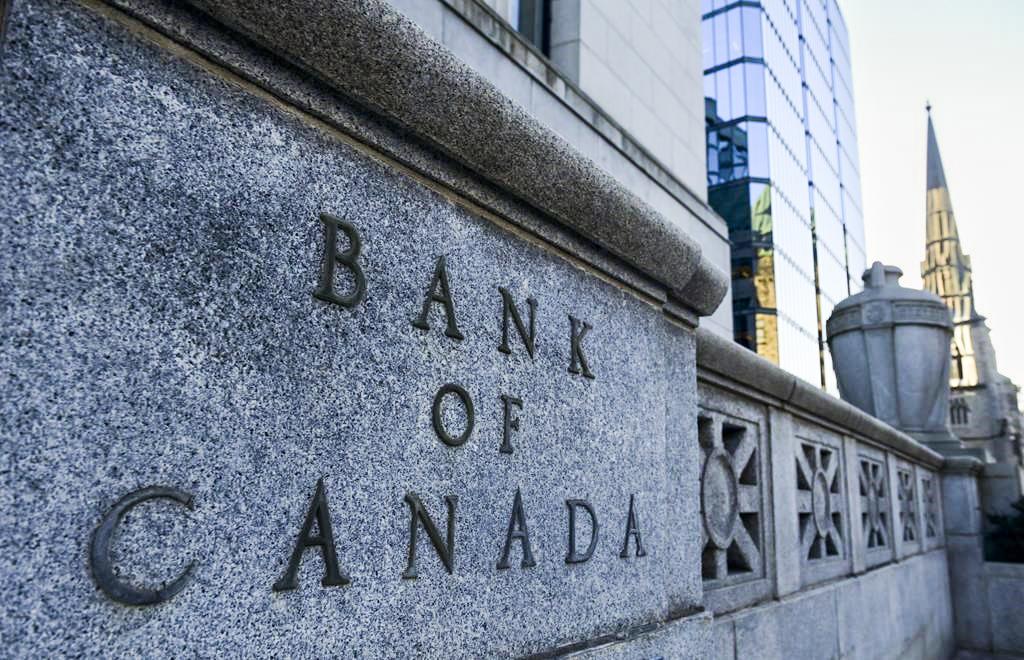Commentary
The Bank of Canada (BoC) has raised the key overnight rate to 5 percent and the Bank Rate to 5.25 percent. The increases of one-quarter of a percent were widely anticipated by market observers. Coincidentally, the U.S. Consumer Price Index (CPI) for June was released and the core rate, at 3 percent, was lower than expected. Bond and stock markets rallied during the morning.
The BoC continues to demonstrate its concern about inflationary pressures in the economy. Core measures of inflation remain above the stated target of 2 percent despite Canadian inflation dropping from a high of 8.1 percent last summer to 3.4 percent in May. If we can generalize the previous consensus of market players and analysts, inflation has remained higher for longer than most expected and the economy has remained resilient, as many expected a recession by now.The BoC stated that they expect inflation to be about 3 percent next year. This is above the Bank’s 2 percent target. In effect, the Bank has reiterated its previous comments that Canadians can expect higher rates for the next year or two and not to expect any rate relief as they renegotiate their mortgages. An already stretched Canadian consumer will have to belt-tighten and plan their financial lives in a relatively high-rate environment, at least compared to the post-Great Financial Crisis era. We do not appear to be returning to extraordinarily low interest rates any time soon.





